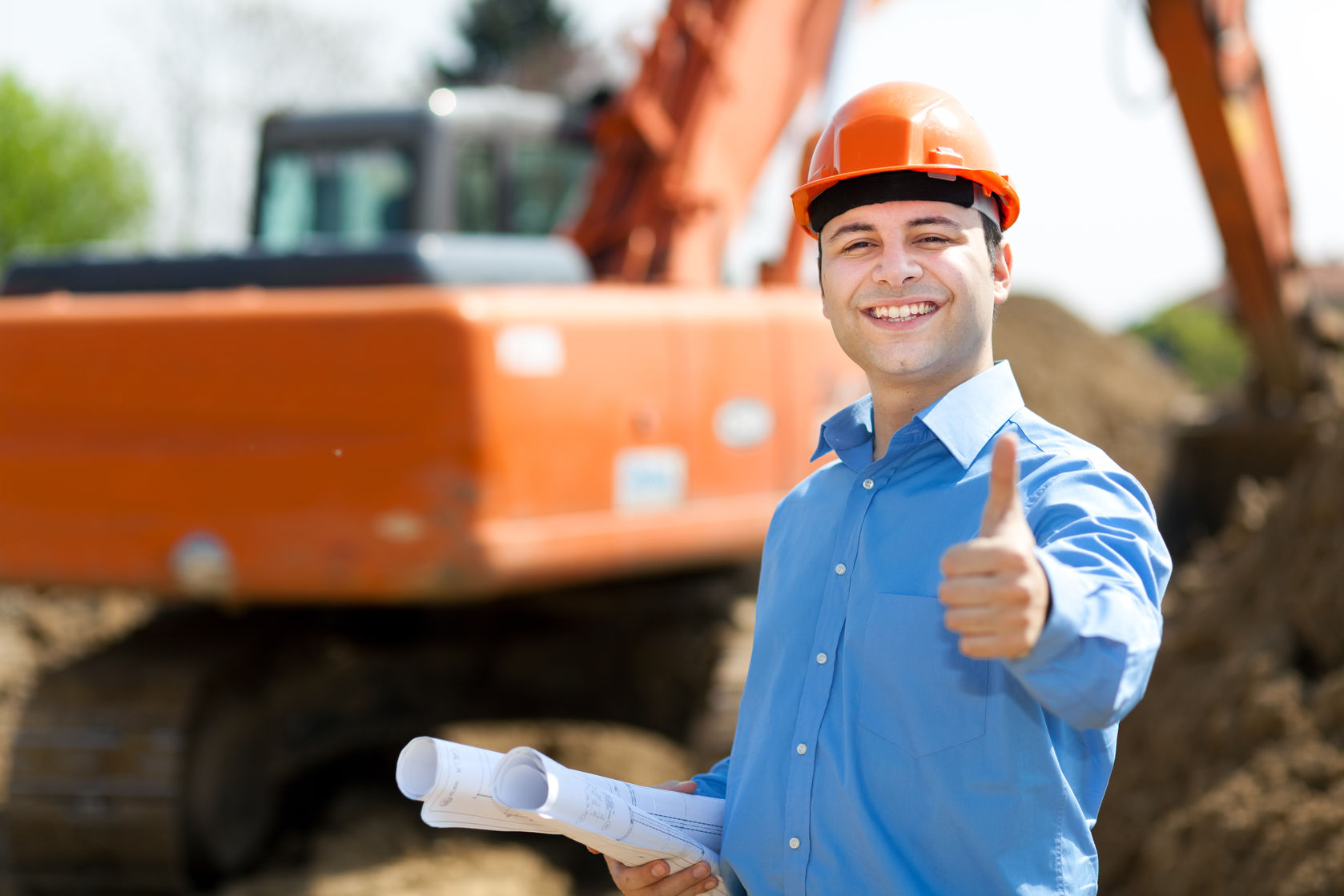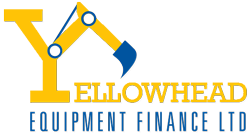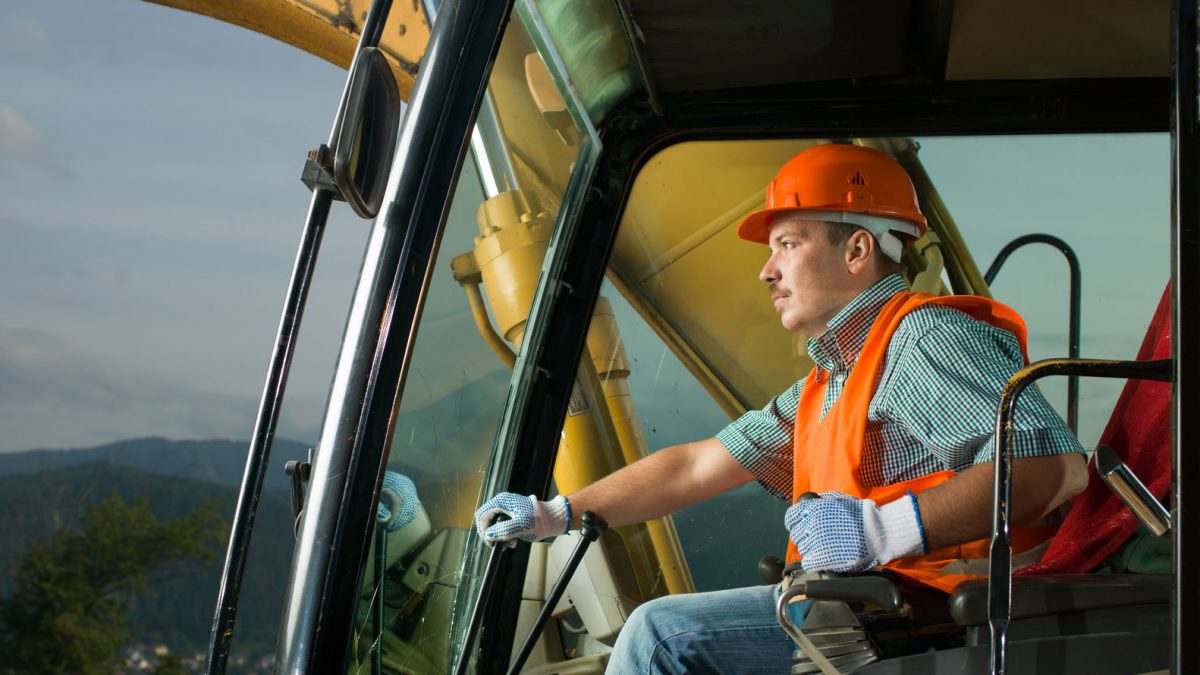
The Impact of Equipment Financing on Your Credit Score
March 14, 2024
Equipment Financing vs. Equipment Leasing: What’s Best for Your Business?
May 13, 2024Farming is a challenging and rewarding profession, but it also requires a lot of capital investment. From tractors to harvesters, from irrigation systems to storage facilities, farmers need to acquire and maintain various types of equipment to run their operations efficiently and effectively. However, buying equipment outright can be a huge financial burden, especially for small and medium-sized farms that face unpredictable cash flows, volatile market conditions, and rising production costs. That’s why more and more farmers are turning to equipment leasing as a smart and flexible alternative to purchasing. In this blog post, we will explore some of the benefits of equipment leasing for the agriculture industry and how it can help you grow your farm business.
What is equipment leasing?
Equipment leasing is a financing option that allows you to use the equipment you need without owning it. You pay a fixed monthly fee to the leasing company, which owns and provides the equipment to you for a specified period of time. At the end of the lease term, you can either return the equipment, renew the lease, or purchase the equipment at a reduced price. Equipment leasing is different from equipment loans, which require you to pay a down payment, interest, and principal to own the equipment.
Why lease equipment?
There are many advantages of leasing equipment over buying it, depending on your specific needs and goals. Here are some of the main reasons why leasing equipment can benefit your farm business:
Access the latest technology: Farming technology is constantly evolving and improving, offering new features, functions, and efficiencies. However, keeping up with the latest innovations can be costly and time-consuming if you have to buy new equipment every few years. Leasing equipment allows you to upgrade to the most advanced and suitable equipment for your farm without having to worry about depreciation, obsolescence, or resale value. You can also take advantage of the expertise and support of the leasing company, which can help you select and install the best equipment for your needs.
Reduce maintenance costs: Owning equipment means you are responsible for its upkeep, repair, and replacement. This can add up to significant expenses and hassles, especially if your equipment breaks down or malfunctions during peak seasons. Leasing equipment shifts the maintenance responsibility to the leasing company, which ensures that the equipment is always in good working condition and covers any repair costs. You can also avoid the hassle of storing and disposing of old or unused equipment, which can save you space and money.
Improve cash flow: Cash flow is the lifeblood of any farm business, but it can be unpredictable and seasonal. Buying equipment can strain your cash flow and limit your liquidity, as you have to pay a large upfront cost and incur debt. Leasing equipment can improve your cash flow and preserve your working capital, as you only pay a low and fixed monthly fee that is easier to budget and manage. You can also use your working capital for other purposes, such as expanding your production, diversifying your products, or investing in marketing.
Save on taxes: Leasing equipment can also offer tax benefits, depending on the type and structure of the lease. In general, leasing equipment can reduce your taxable income, as you can deduct the lease payments as a business expense. Some leases may also allow you to claim depreciation and interest deductions, or even a full write-off of the equipment cost. However, tax rules and regulations vary depending on your location and situation, so you should consult your accountant or tax advisor before signing a lease agreement.
How to lease equipment?
If you are interested in leasing equipment for your farm business, you should do some research and planning before contacting a leasing company. Here are some steps you can follow to prepare for a successful equipment leasing experience:
Identify your equipment needs: The first step is to determine what kind of equipment you need, how much you need, and for how long you need it. You should also consider your current and future goals, challenges, and opportunities, and how the equipment can help you achieve them. You should have a clear idea of the features, functions, and specifications of the equipment you want, as well as the expected benefits and costs.
Compare different leasing options: The next step is to compare different leasing companies and options and find the best one for your needs and budget. You should look for a reputable and reliable leasing company that has experience and expertise in the agriculture industry, and that can offer you competitive rates, terms, and conditions. You should also compare different types of leases, such as operating leases, capital leases, or sale-leaseback leases, and understand their pros and cons. You should also check the fine print of the lease agreement, and make sure you are aware of any fees, penalties, or clauses that may affect your rights and obligations.
Negotiate the best deal: The final step is to negotiate the best deal with the leasing company and sign the lease agreement. You should try to get the most favorable terms and conditions, such as the lease duration, payment schedule, interest rate, buyout option, and maintenance coverage. You should also ask for any discounts, incentives, or guarantees that the leasing company may offer. You should also review the lease agreement carefully, and make sure you understand and agree with all the terms and conditions before signing it.
Equipment leasing is a viable and beneficial financing option for the agriculture industry, as it can help you access the latest technology, reduce maintenance costs, improve cash flow, and save on taxes. However, equipment leasing is not a one-size-fits-all solution, and you should do your homework and due diligence before deciding to lease equipment. You should also consult your accountant, tax advisor, or financial planner to ensure that leasing equipment is the best option for your farm business.
If you are looking for a trusted and experienced equipment leasing partner, contact us today and let us help you find the best equipment leasing solution for your needs.





